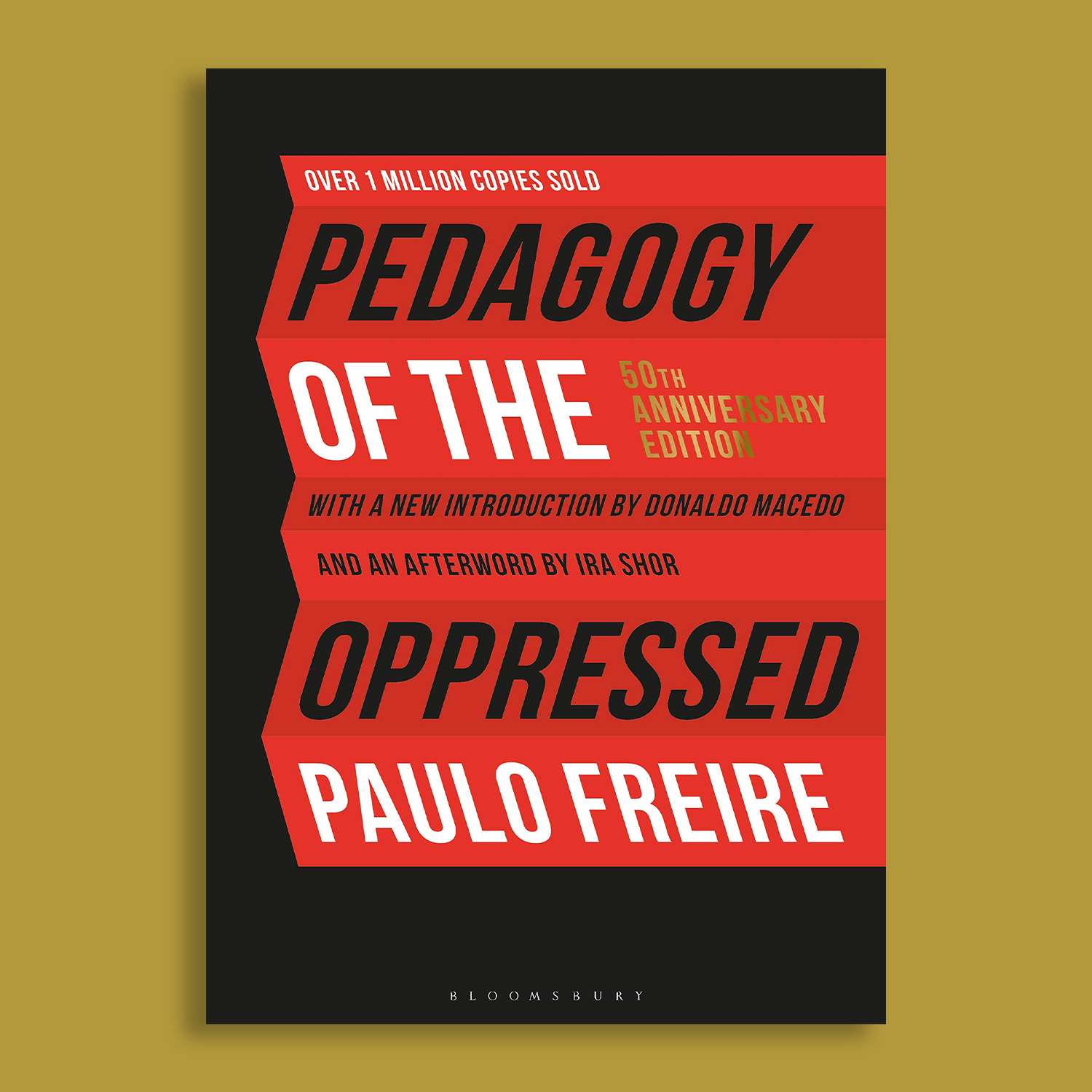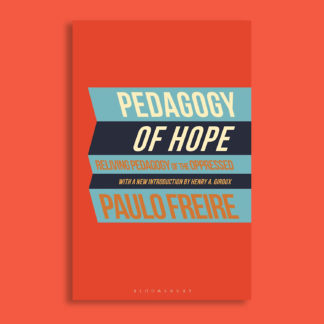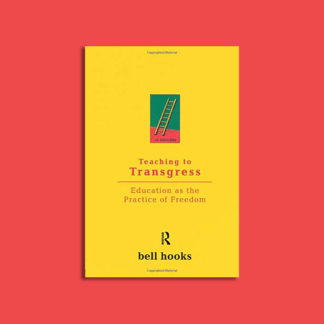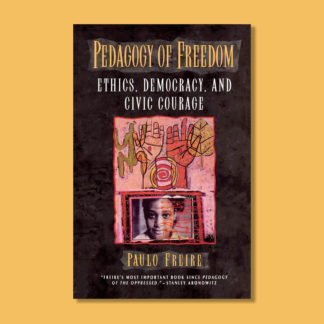Pedagogy of the Oppressed
$26.00
by Paulo Freire
Paulo Freire outlines the revolutionary principles behind the educational methods that made him one of the 20th century’s most influential education theorists.
First published in Portuguese in 1968, Pedagogy of the Oppressed was translated and published in English in 1970. Paulo Freire’s work has helped to empower countless people throughout the world and has taken on special urgency in the United States and Western Europe, where the creation of a permanent underclass among the underprivileged and minorities in cities and urban centers is ongoing.
This 50th anniversary edition includes an updated introduction by Donaldo Macedo, a new afterword by Ira Shor and interviews with Marina Aparicio Barberán, Noam Chomsky, Ramón Flecha, Gustavo Fischman, Ronald David Glass, Valerie Kinloch, Peter Mayo, Peter McLaren and Margo Okazawa-Rey to inspire a new generation of educators, students, and general readers for years to come.
Paperback | 232 pages | Bloomsbury Academic | 2018
Paulo Freire (1921—1997) was an educator/philosopher born in 1921 in Recife, Brazil. In 1947 he began work with adult illiterates in North-East Brazil and gradually evolved a method of work with which the word conscientization has been associated.
Paulo Freire’s work has influenced people working in education, community development, community health, and many other fields. Freire developed an approach to education that links the identification of issues to positive action for change and development.
For Freire, the educational process is never neutral. People can be passive recipients of knowledge — whatever the content — or they can engage in a ‘problem-posing’ approach in which they become active participants. As part of this approach, it is essential that people link knowledge to action so that they actively work to change their societies at a local level and beyond.





